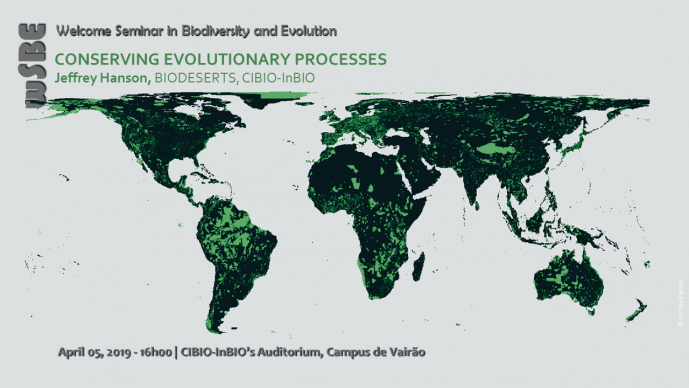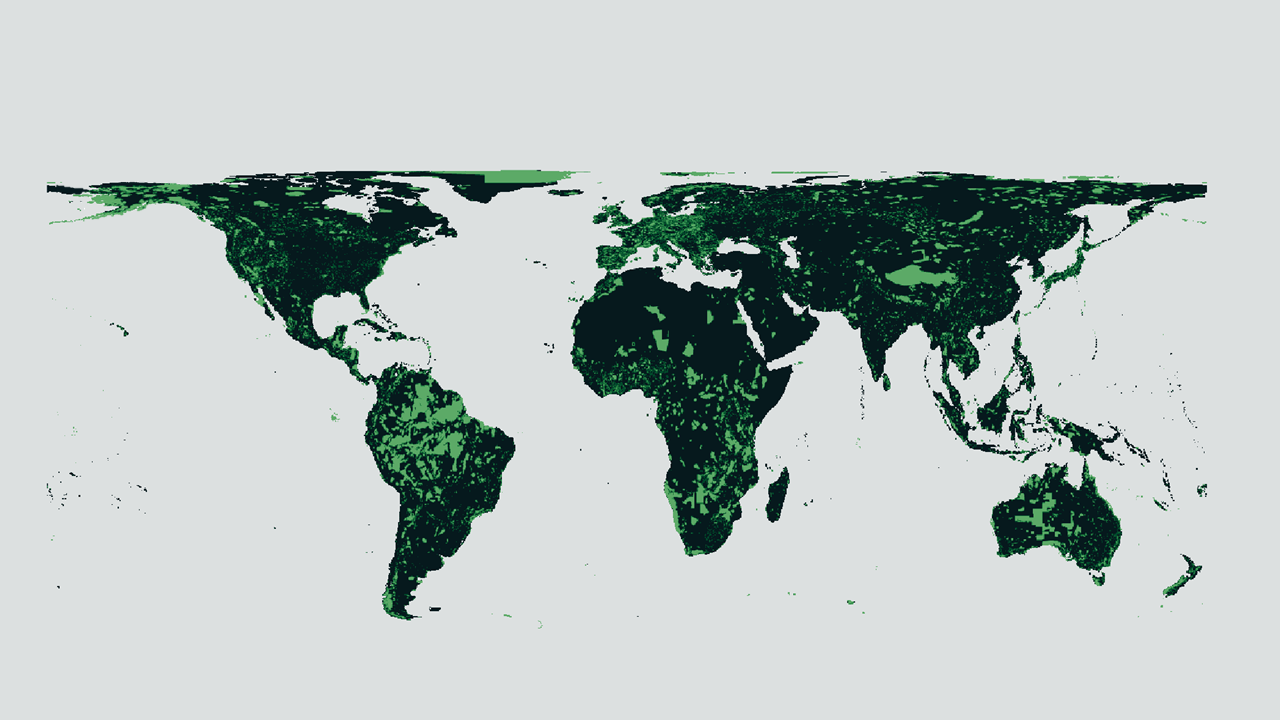CONSERVING EVOLUTIONARY PROCESSES

WELCOME SEMINAR IN BIODIVERSITY AN EVOLUTION

Protected areas are used to safeguard biodiversity patterns (e.g. species, populations) and the processes that sustain them (e.g. adaptation, gene flow). Since the resources available for conservation are limited, conservation efforts need to be allocated in a cost-effective manner that will increase the long-term persistence of biodiversity. However, evolutionary processes are rarely considered when assessing existing protected areas or planning for the establishment of new reserves. In this talk, I will discuss strategies for incorporating evolutionary processes into conservation planning, potential surrogates for genetic data, and prioritizing expansion of the global protected area system to enhance adaptive processes. I will show how evolutionary principles can be operationalized to guide reserve selection, and how failing to consider them during reserve selection can potentially undermine conservation efforts. By explicitly considering evolutionary processes, conservation efforts stand a far greater chance at enhancing the long-term persistence of biodiversity.
Jeffrey Hanson is a newly arrived postdoctoral scientist at CIBIO-InBIO. His research concerns the challenges involved in developing cost-effective plans to conserve biodiversity. In particular, he specializes in operationalizing evolutionary processes to identify priorities for conservation.
Host: [Silvia Carvalho - Biodiversity of Deserts and Arid Regions]
Image credits: Jeffrey Hanson